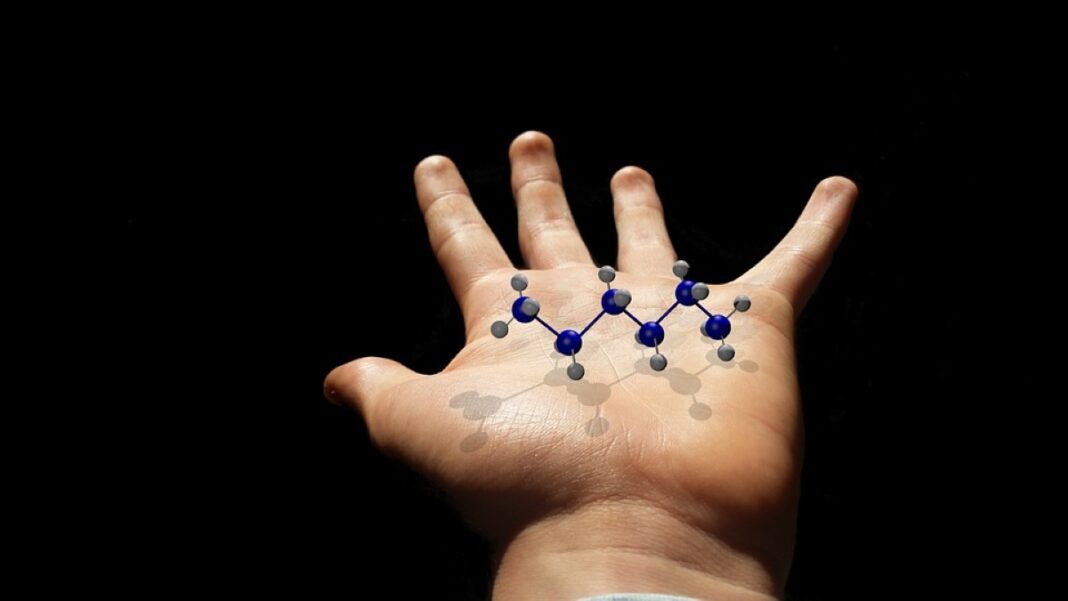UNITED STATES: A team of researchers has developed a new catalyst that can transform hydrocarbons into higher-value, more easily recyclable, and biodegradable chemicals and materials.
New Catalyst can convert hydrocarbons into recyclable materials
According to the research published in the Journal of the American Chemical Society, the catalyst can convert hydrocarbons such as motor oil, single-use plastic bags, water bottles, and even natural gas.
The breakthrough is expected to impact the physical properties of various plastics, making them stronger and more accessible to colour. The catalyst introduces functional groups into aliphatic hydrocarbons, which are organic compounds which consist of only hydrogen and carbon, to make them recyclable.
Aliphatic hydrocarbons are typically used in petroleum and refined petroleum products such as plastics and motor oils, and they do not contain functional groups that make them easy to biodegrade.
The catalyst has been developed by a team of scientists led by Aaron Sadow, a scientist at Ames National Laboratory, director of the Institute for Cooperative Upcycling of Plastic (iCOUP), and professor of chemistry at Iowa State University.
The team found a way to avoid the energy-intensive process of cracking petroleum with heat and pressure into small building blocks to add atoms to hydrocarbon chains. The new catalyst avoids cracking by directly converting existing aliphatic hydrocarbons at a low temperature.
The team previously used a catalyst to break the carbon-carbon (CC) bonds in hydrocarbon chains and attach aluminium to the ends of the smaller chains, inserting oxygen or other atoms to introduce functional groups. The new process finds a way to avoid the CC bond-breaking step.
The catalyst is synthesized by attaching a commercially available zirconium compound onto commercially available silica-alumina, which are all earth-abundant and inexpensive, making it beneficial for future commercial applications.
The aluminium reactant is synthesized without creating waste by-products, and the zirconium alkoxide-based catalyst precursor is readily available and activated in the reactor. The iCOUP team expects to develop the catalysis more to incorporate more functional groups to affect the physical properties of the polymers.
The project’s success is credited to the collaborative nature of iCOUP, where groups from different universities and laboratories contributed their expertise to the project.
The new catalyst could provide a sustainable solution to the problem of waste plastics, making them easier to recycle and biodegrade. The breakthrough could also have significant environmental benefits, reducing the quantity of waste plastics in landfills and the ocean.
The researchers hope the technology can be scaled up for commercial applications, contributing to a more sustainable and circular economy.
Also Read: US Supports Moderna and Believes Government Should Face COVID-19 Vaccine Lawsuit



